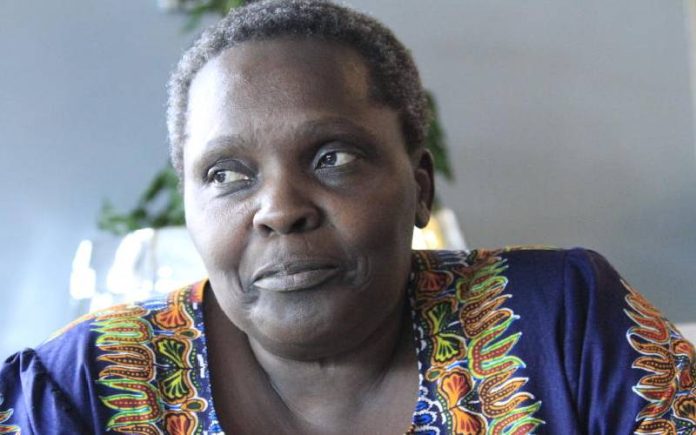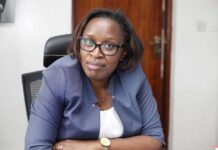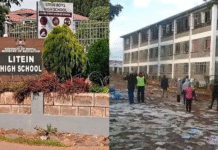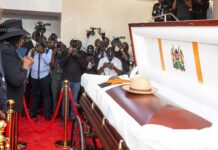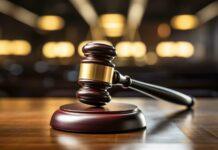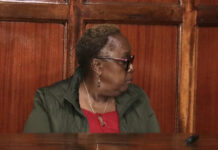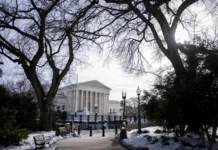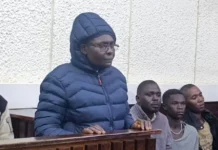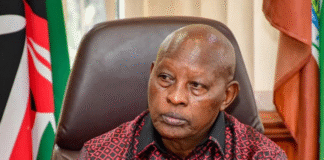According to the court, Spencer Sankale’s audiovisual recordings will be used as evidence in the Sh177 million Maasai Mara University corruption case.
Sankale, the whistleblower, is a witness in the graft case.
The court overruled the defence team’s objection to using the recordings, which they claimed were obtained illegally, on Friday.
The defence claimed that the prosecution had failed to meet the requirements of Section 106 of the Evidence Act by failing to provide them with the certificates needed to identify the recordings.
The lawyers for the five suspects, led by Steve Biko, objected to the use of recordings on a mobile phone and a smartwatch as evidence.
Chief magistrate Bildad Ochieng, on the other hand, agreed with the prosecution’s contention that the evidence was legally gathered by the witness, who was at work.
Ochieng noted that the electronic record was created by the prosecution witness who had lawful control over the computer used and met the Section 106b threshold (2).
“The contention that the audio/video recording was obtained illegally is without merit given that it was made by the witness in the ordinary course of his work,” Ochieng said.
Prof Mary Walingo and the four senior public officers are accused of conspiring to steal Sh177,007, 754 from the university between January 24, 2016, and July 19, 2019.
Sankale testified that Walingo and the suspects conspired to siphon millions of shillings without following procurement and financial procedures.









